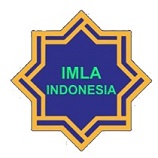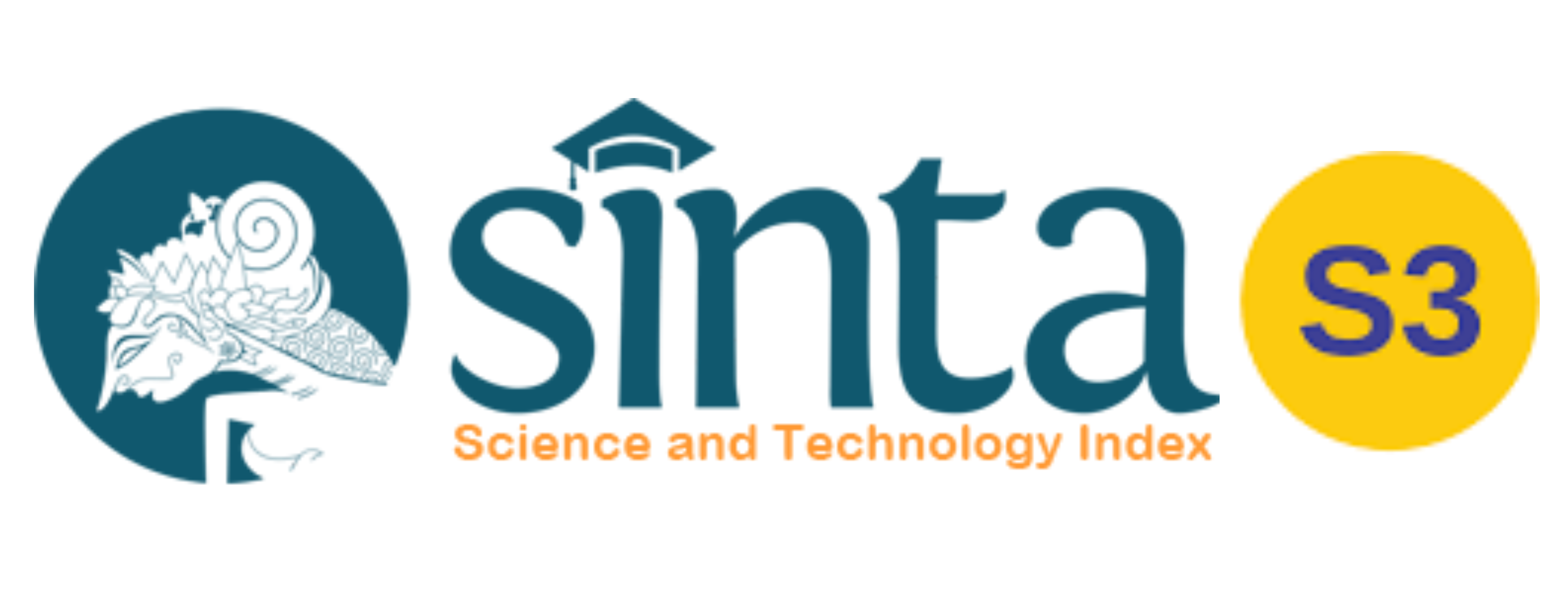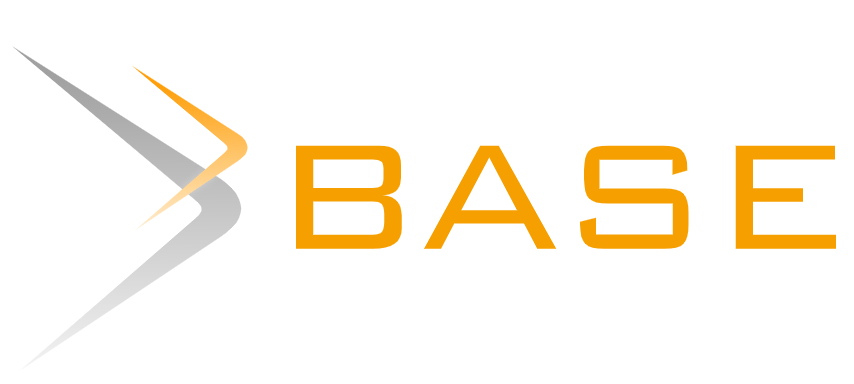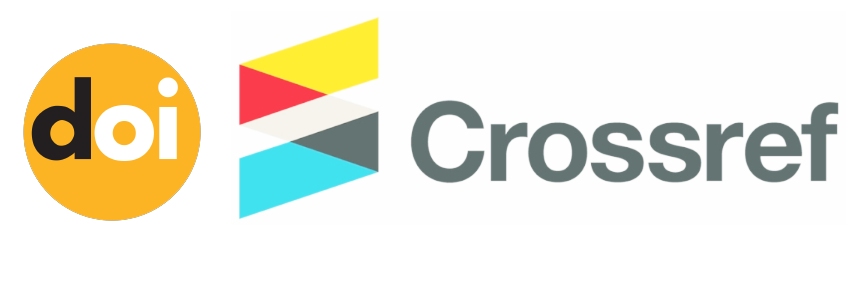THE INFLUENCE OF GOVERNMENT IDEOLOGY ON TURKISH MUSLIM DRESSING
Abstract
Keywords
Full Text:
PDF (Bahasa Indonesia)References
Arianto, M. T. (2019). Peran Recep Tayyib Erdogan Dalam Membangun Sektor Ekonomi Politik Di Negara Turki. Universitas Sumatera Utara. Diambil dari https://repositori.usu.ac.id/handle/123456789/32758
Atatürk’s reforms. (2022). Dalam Wikipedia. Diambil dari https://en.wikipedia.org/w/index.php?title=Atat%C3%BCrk%27s_reforms&oldid=1087406683
Dress—Government regulation of dress | Britannica. (T.t). Diambil 6 Juni 2022, dari https://www.britannica.com/topic/dress-clothing/Government-regulation-of-dress
Ismaputaminingsih. (2009). Negara Turki Modern ala Mustafa Kemal Ataturk. Bandung: Iris Press. Bandung: Iris Press.
Jacoby, T. (2004). Social Power and the Turkish State. London and New York: Frank Cass.
Jirousek, C. (2005). Ottoman Influences in Western Dress, Ottoman Costumes: From Textile to Identity. S. Faroqhi and C. Neumann. Istanbul: Eren Publishing. Diambil dari http://char.txa.cornell.edu/influences.htm
John, F. (2002). Istanbul Kota Kekaisaran. Penerj. Fahmy Yamani. Jakarta: Pustaka Alfabet.
Junaidi, A. (2016). Kebijakan Politik Recep Tayyib Erdogan dan Islamisme Turki Kontemporer. IN RIGHT: Jurnal Agama dan Hak Azazi Manusia, Vol.r, No. 1. Diambil dari https://ejournal.uin-suka.ac.id/syariah/inright/article/view/1444
Macridis, R. C. (1983). Contemporary Political Ideologies: Movements and regimes. Boston: Little, Brown and Company.
Maftuhin, A. (2011). Menyingkap Struktur Makna Pakaian Arab. Jurnal Musawa, Vol. 10, No. 1. Diambil dari https://ejournal.uin-suka.ac.id/pusat/MUSAWA/article/view/101-08
Maryam. (2016). SISTEM POLITIK ISLAM DAN SEKULER (Maududi Dan Ali Abd Al-Rizq). Jurnal El Afkar: Jurnal Pemikiran Keislaman dan Tafsir, Vol. 5, No. 1. Diambil dari https://ejournal.iainbengkulu.ac.id/index.php/elafkar/article/view/1126
Mulyati, S. (2014). Transformasi Budaya Dari Khilafah Turki Utsmani Menuju Republik Turki Modern (1830-1950). Jurnal CMES: Jurnal Studi Timur Tengah, Vol. 7, No 1. Diambil dari https://jurnal.uns.ac.id/cmes/article/view/15326
Nuzulian, U. (2008). Kebijakan Pemerintah Turki Terhadap Etnis Kurdi. Universitas Indonesia. Diambil dari https://lib.ui.ac.id/detail?id=117140&lokasi=lokal
Ottoman clothing. (2022). Dalam Wikipedia. Diambil dari https://en.wikipedia.org/w/index.php?title=Ottoman_clothing&oldid=1085797442
Ratna, I. W. (2017). Kebijakan Pemerintah Turki Mencabut Undang-Undang Larangan Hijab Tahun 2013. Repository Universitas Jember. Diambil dari http://repository.unej.ac.id/handle/123456789/83232
The wedding of Rukiye Erkin, one of adopted daughters Mustafa Kemal Atatürk, 26 June 1930. (1930). Milliyet. Diambil dari https://commons.wikimedia.org/wiki/File:The_wedding_of_Rukiye_Erkin.jpg
Toprak, B. (1999). Islam dan Perkembangan Politik di Turki. Yogyakarta: Tiara Wacana.
Toprak, M., & Uslu, N. (2009). The Headscarf Controversy in Turkey. Journal of Economic and Social Research, Vol.1, No. 1. Diambil dari https://www.researchgate.net/publication/46446719_The_Headscarf_Controversy_in_Turkey
Turkey. (2022). Dalam The World Factbook. Central Intelligence Agency. Diambil dari https://www.cia.gov/the-world-factbook/countries/turkey/
Tutur, F. (2012). Reformasi Kebudayaan Di Republik Turki (1923-1950). Universitas Indonesia. Diambil dari https://lib.ui.ac.id/file?file=digital/20303738-S1941-Tutur%20Furqon.pdf
What dress codes reveal about politics, social change. (2021, Februari 10). Diambil 6 Juni 2022, dari Stanford News website: https://news.stanford.edu/2021/02/10/dress-codes-reveal-politics-social-change/
Yansah, S. (2018). Pemikiran Politik Recep Tayyip Erdogan dan Perkembangannya di Turki. Jurnal Manthiq, Vol. 3, No. 1. Diambil dari https://ejournal.iainbengkulu.ac.id/index.php/manthiq/article/view/1897
DOI: https://doi.org/10.20961/cmes.15.2.55096
Refbacks
- There are currently no refbacks.
Copyright (c) 2022 Jurnal CMES

This work is licensed under a Creative Commons Attribution-ShareAlike 4.0 International License.
| Copyright of CMES ISSN 2085-563X (print) and ISSN 2502-1044 (online) CMES Journal is licensed under a Creative Commons Attribution-ShareAlike 4.0 International License. | CMES (Center of Middle Eastern Studies) Print ISSN: 2085-563X Online ISSN: 2502-1044 Website: https://jurnal.uns.ac.id/cmes/index Email: cmes@mail.uns.ac.id Published by: Arabic Literature Department, Faculty of Cultural Science, Universitas Sebelas Maret Ir. Sutami Street, No. 36A, Surakarta, Jawa Tengah 57126 Phone: +62 822-4000-2313 |















